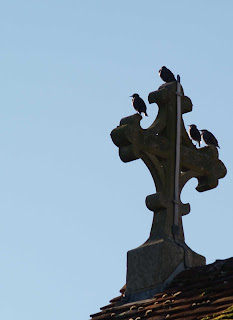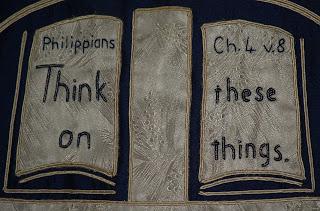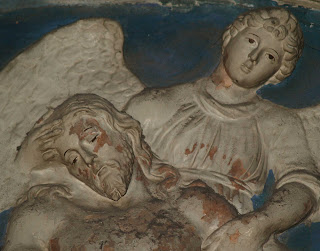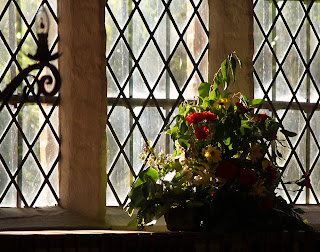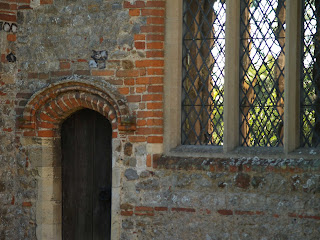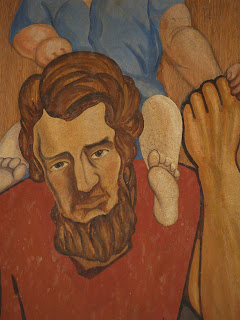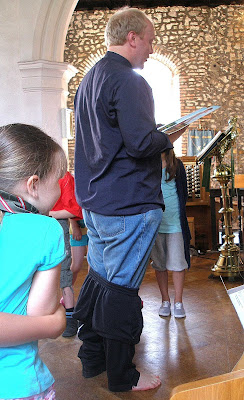Found this from here, via Graham, and thought I’d share it as it impinges on several conversations being had within the benefice:
Here is a step-by-step plan for how to get more young people into the church:
1. Be genuine. Do not under any circumstances try to be trendy or hip, if you are not already intrinsically trendy or hip. If you are a 90-year-old woman who enjoys crocheting and listens to Beethoven, by God be proud of it.
2. Stop pretending you have a rock band.
3. Stop arguing about whether gay people are okay, fully human, or whatever else. Seriously. Stop it.
4. Stop arguing about whether women are okay, fully human, or are capable of being in a position of leadership.
5. Stop looking for the “objective truth” in Scripture.
6. Start looking for the beautiful truth in Scripture.
7. Actually read the Scriptures. If you are Episcopalian, go buy a Bible and read it. Start in Genesis, it’s pretty cool. You can skip some of the other boring parts in the Bible. Remember though that almost every book of the Bible has some really funky stuff in it. Remember to keep #5 and #6 in mind though. If you are evangelical, you may need to stop reading the Bible for about 10 years. Don’t worry: during those ten years you can work on putting these other steps into practice.
8. Start worrying about extreme poverty, violence against women, racism, consumerism, and the rate at which children are dying worldwide of preventable, treatable diseases. Put all the energy you formerly spent worrying about the legit-ness of gay people into figuring out ways to do some good in these areas.
9. Do not shy away from lighting candles, silence, incense, laughter, really good food, and extraordinary music. By “extraordinary music” I mean genuine music. Soulful music. Well-written, well-composed music. Original music. Four-part harmony music. Funky retro organ music. Hymns. Taize chants. Bluegrass. Steel guitar. Humming. Gospel. We are the church; we have a uber-rich history of amazing music. Remember this.
10. Do unto others as you would have them do unto you.
11. Learn how to sit with people who are dying.
12. Feast as much as possible. Cardboard communion wafers are a feast in symbol only. Humans can not live on symbols alone. Remember this.
13. Notice visitors, smile genuinely at them, include them in conversations, but do not overwhelm them.
14. Be vulnerable.
15. Stop worrying about getting young people into the church. Stop worrying about marketing strategies. Take a deep breath. If there is a God, that God isn’t going to die even if there are no more Christians at all.
16. Figure out who is suffering in your community. Go be with them.
17. Remind yourself that you don’t have to take God to anyone. God is already with everyone. So, rather than taking the approach that you need to take the truth out to people who need it, adopt the approach that you need to go find the truth that others have and you are missing. Go be evangelized.
18. Put some time and care and energy into creating a beautiful space for worship and being-together. But shy away from building campaigns, parking lot expansions, and what-have-you.
19. Make some part of the church building accessible for people to pray in 24/7. Put some blankets there too, in case someone has nowhere else to go for the night.
20. Listen to God (to Wisdom, to Love) more than you speak your opinions.
~~
No comments for now, although I don’t agree with all of it.

